The tone of this poem is contrary to what has led the poet to pen his thoughts here.
Television: Critical Analysis
Dahl is a man who lived through a period of a great many inventions, including that of television. However, he is not excited by this so-called progress and development of the human race. He hankers for the olden days when life was simpler and little pleasures were more easily experienced. He associates television with the loss of innocence in children. He is saddened to see that children no longer read books as ardently as they used when he was younger. He longs to change this, and ‘Television’ comes out of his meager attempt to do so. In characteristic style, his aim is both to entertain and edify his readers – young and old alike. You may go through the detailed summary of the poem here.
Television: Poetic Devices
Rhyme scheme:
Roald Dahl follows the same simple rhyme scheme throughout this poem – AABB and so on in a series of rhyming couplets. Only on one occasion does he diverge from this when the end words of the lines rhyme in lines 31, 32 & 33.
Rhetorical devices:
Apostrophe: This rhetorical device is used when a poet addresses their poem to an absent audience. Dahl uses the device of an apostrophe when he addresses his poem to English parents and advises them on doing away with their television sets.
Personification: This rhetorical device is used to give human qualities to something incapable of human actions. Dahl uses the device of personification in two cases – first, when he gives television the human ability to kill something, and second when he gives ‘Imagination’ the human ability to die at its hands.
Television: Central Idea
In this poem, Dahl wishes to warn readers about how television can affect dulling children’s minds. Watching television can make children unimaginative and prevent them from enjoying the fairy tales they are supposed to like. On the other hand, reading is a good habit for children. It sharpens their minds and introduces them to whole new worlds they never knew existed. Therefore, Dahl requests parents to bring back the books they had read before introducing television back into their homes.
Television: Theme
Idiot Box: That the television is called the ‘idiot box’ might have something to do with the kinds of effect Dahl imagines it has in children. This phrase is actually a transferred epithet, in the sense that it is not the television set that is idiotic, but that idiocy is produced in the watchers of television. When we watch television, it is a passive process on our part. We do not actively engage with the material while reading and imagining the words on the page coming to life. This passivity ultimately makes the work of our brain slower and more strained.
Death of imagination: Amidst all the people of his time, Dahl was perhaps singularly ahead of his time when he predicted that television would spell the death of imagination in children’s minds. As a children’s author, he must have known more than others how children’s faces light up when they read or listen to a story and how they often lose themselves in the details of a book as their imagination constructs entire worlds for them in their minds. However, television hands them ready images. As a result, their imagination suffers, and they later become skeptical that what they cannot see is not real. If all children thought that way, an author like Dahl would actually go out of business.
Reading as a habit to be inculcated: Even though Dahl was writing primarily for children, the message of this particular poem seems more intended for their parents than for them. Dahl believes that it is a parent’s duty to inculcate the habit of reading in their children. Children might not know any better than watching television for hours, but parents do. In their hurry to get all their work finished, they ignore their children’s long hours of television watching. However, by putting their own convenience aside, they should introduce their children to the wonderful world of books.
Television: Tone
Roald Dahl always wrote, keeping his audience in mind. Therefore it is no surprise that the tone of this poem is light, amusing, and entertaining. He obviously meant for his readers not to feel that he was preaching to them.
Despite its light tone, the message of this poem still rings true for its readers. That a book can open up one’s mind is a lesson that every writer wants his readers to know. You can go through line by line meaning of Television by Roald Dahl here.
You can also check out this video playlist for this poem to learn through an audio-visual format!
Some online learning platforms provide certifications, while others are designed to simply grow your skills in your personal and professional life. Including Masterclass and Coursera, here are our recommendations for the best online learning platforms you can sign up for today.
The 7 Best Online Learning Platforms of 2022
- Best Overall: Coursera
- Best for Niche Topics: Udemy
- Best for Creative Fields: Skillshare
- Best for Celebrity Lessons: MasterClass
- Best for STEM: EdX
- Best for Career Building: Udacity
- Best for Data Learning: Pluralsight
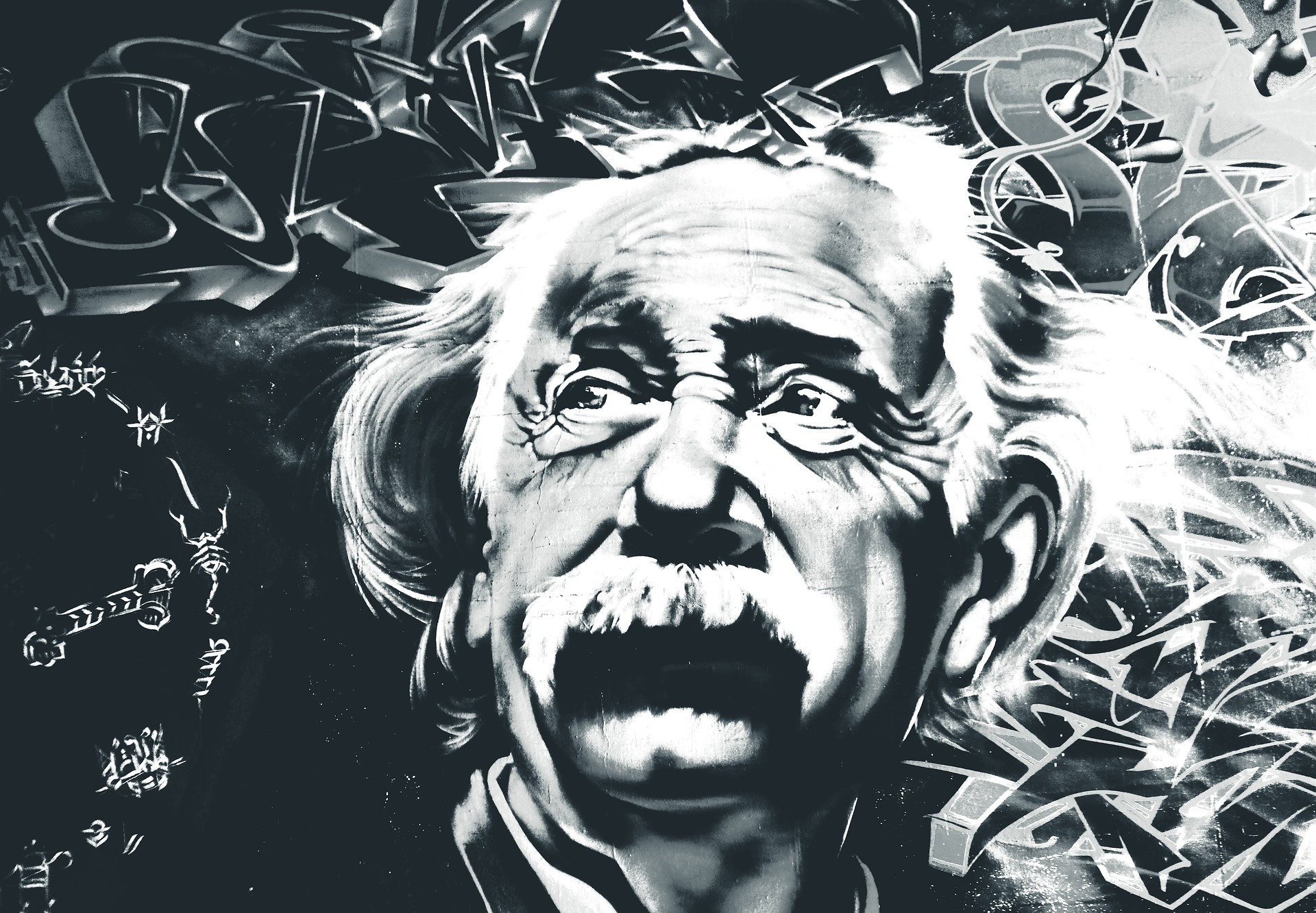
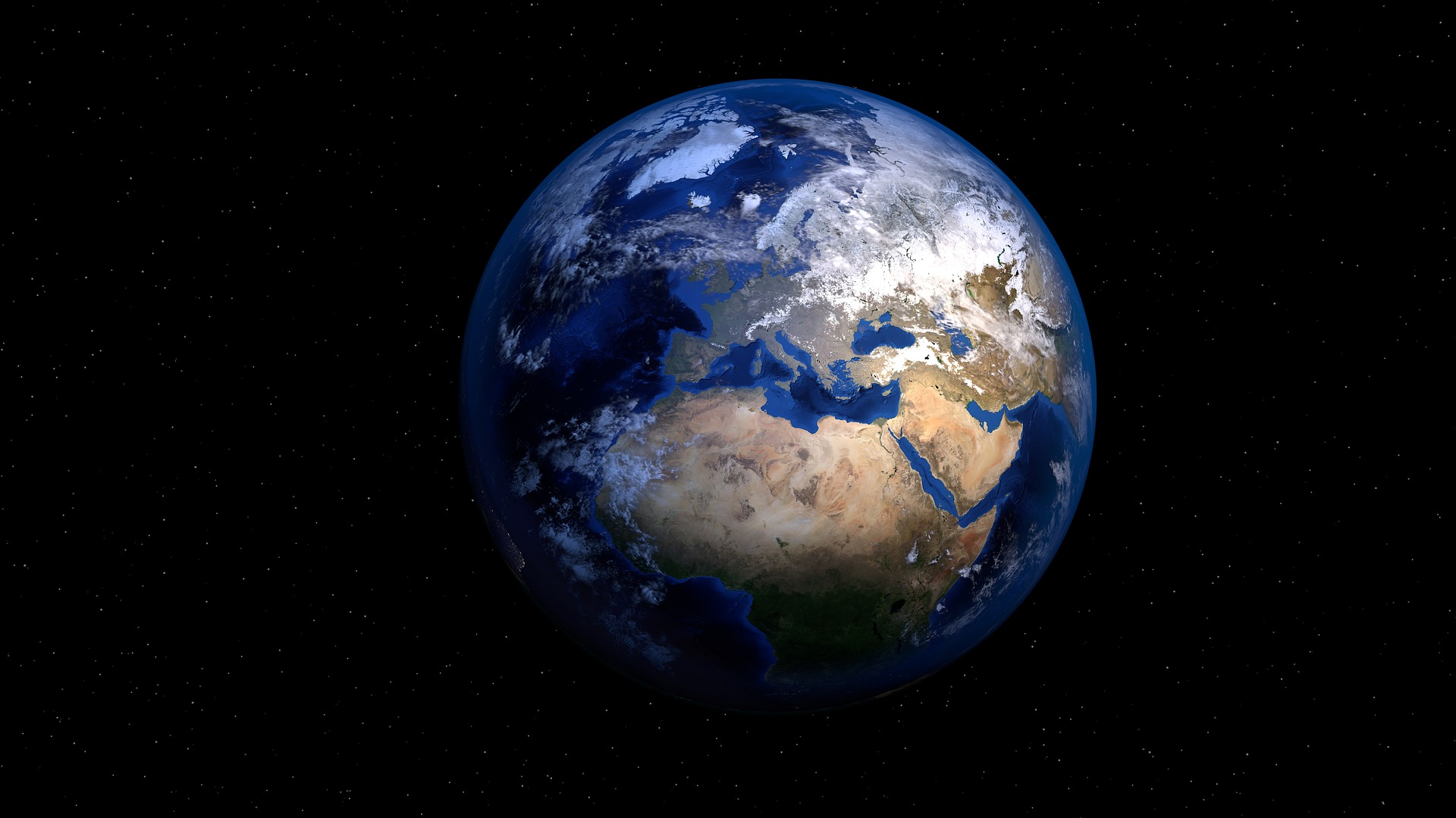




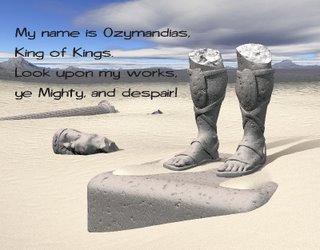
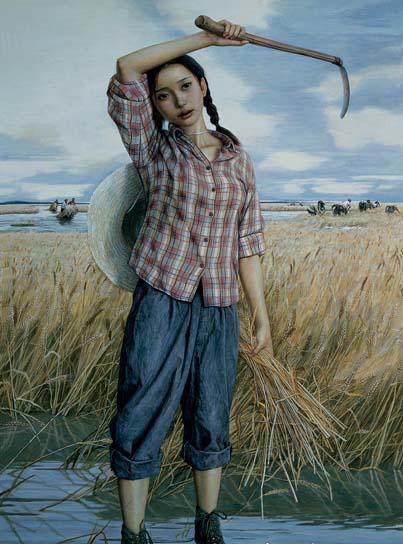
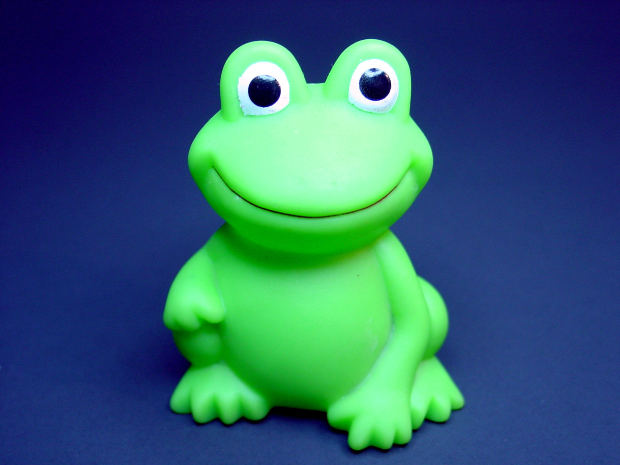








It is really very helpful but the conclusion did not satisfy the the thing I was looking for. As I need how the poem is applicable in the present time. Anyways thanks. The rest was very accurate.